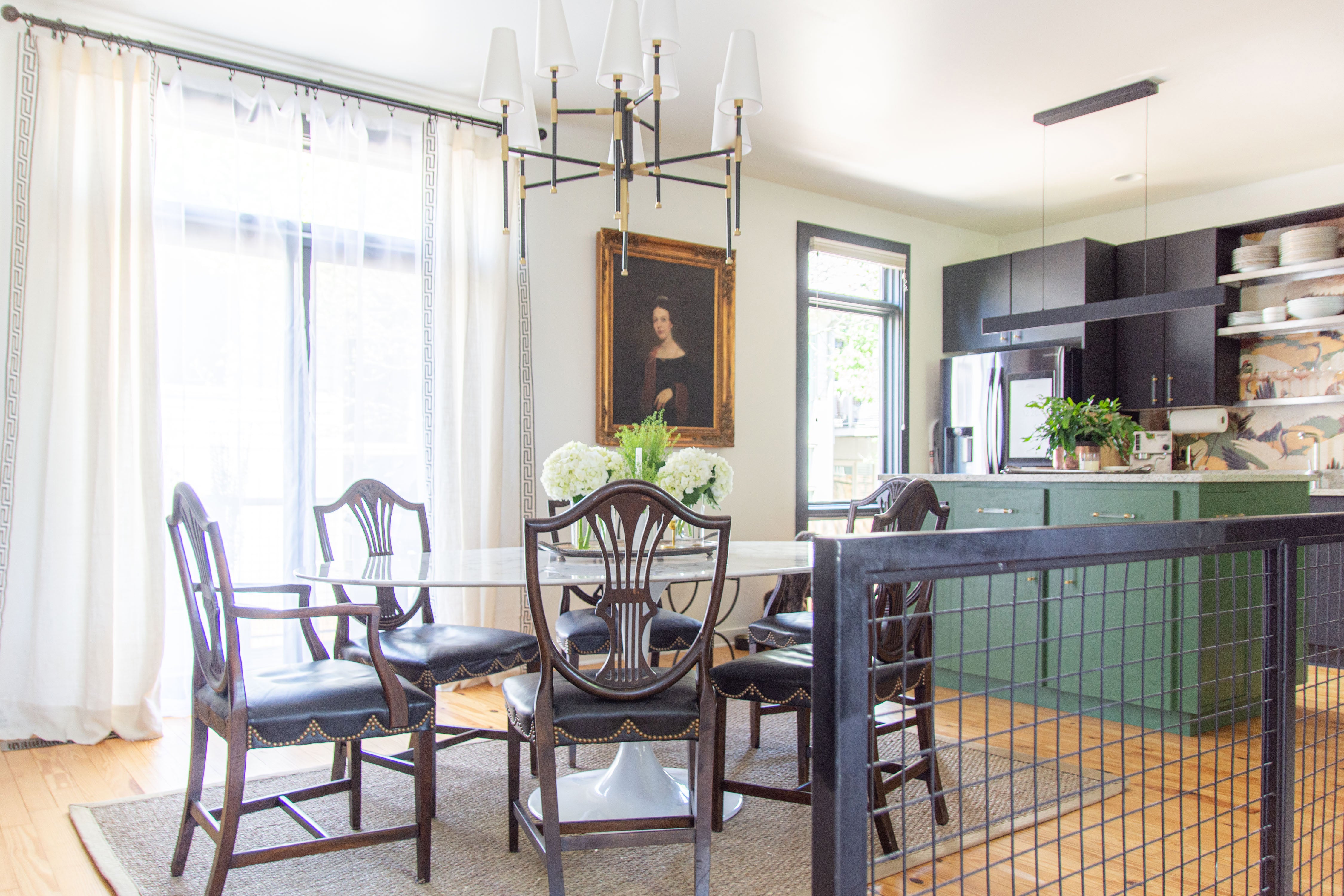The Ultimate Checklist For Buying A New House
Buying a new house is a significant milestone in anyone's life, often filled with excitement, anticipation, and a fair share of challenges. This ultimate checklist aims to guide you through the intricate process of home buying, from initial considerations to closing the deal. By meticulously following this roadmap, you can navigate the complex terrain of real estate with confidence, ensuring that your decision to invest in a new home is as informed and rewarding as possible. Whether you're a first-time buyer or seasoned in the art of real estate, this checklist will serve as your compass, leading you to the doorstep of your dream home.
Consider Tiny Homes
Before diving into the traditional home-buying process, it's worth considering an alternative option – tiny homes. These compact living spaces have become increasingly popular in recent years due to their affordability and minimal environmental impact. Tiny homes may not be for everyone, but they offer a unique lifestyle that appeals to those seeking simplicity and a smaller ecological footprint. You can find cheap tiny homes for sale online and in person, so it's worth exploring this option before jumping into the conventional home-buying market. It's also essential to take into account the specific zoning laws and regulations in your area, as tiny homes may not be permitted in all areas.
Evaluate Your Budget
Before you begin looking for a new home, it's crucial to thoroughly evaluate your financial situation and determine how much you can afford to spend. This includes reviewing your savings, income, and expenses to establish a realistic budget for your new home. Don't forget to consider future costs such as property taxes, homeowner's insurance, and maintenance expenses which can significantly affect your overall budget.
Crafting a detailed budget early in the home-buying process helps avoid the disappointment of falling in love with a property that is beyond your financial reach. Remember, a dream home becomes truly enjoyable only when it doesn't strain your finances. Tools like mortgage calculators can provide an estimate of your monthly payments, helping to further refine your budget.
Explore Financing Options
Securing financing is one of the most critical steps in the home-buying process. Start by researching different types of home loans to find one that suits your needs. The most common options include conventional loans, FHA loans, and VA loans, each with its own set of requirements and benefits. It's also wise to get pre-approved for a mortgage, which will give you a better understanding of the loan amount you qualify for and demonstrate your serious intent to sellers.
Meeting with a financial advisor or mortgage broker can provide personalized advice based on your financial situation. They can help you understand the nuances of each loan option, including interest rates, down payments, and eligibility criteria. This tailored advice can be invaluable in making an informed decision that aligns with your long-term financial goals.
Identify Your Must-Haves
Before you start your house hunt, identify the features and amenities that are critical in your new home. These may include the number of bedrooms and bathrooms, proximity to work or school, a garage, a large kitchen, or energy-efficient appliances. Creating a list of must-haves will help focus your search and make it easier to evaluate potential homes.
Remember, while it's essential to have a clear idea of what you're looking for, flexibility is key. Being too rigid can limit your options and potentially prolong the search for your perfect home. Therefore, distinguish between what you absolutely need and what you can compromise on.
Start House Hunting
With your budget set and your must-haves list in hand, it's time to start the search for your new home. Consider working with a real estate agent who has extensive knowledge of the area and the home-buying process. They can provide valuable insights, arrange viewings, and help negotiate with sellers. Alternatively, you can begin your search online on real estate listing websites, which allow you to filter properties by location, price, size, and other criteria.
Visiting homes in person is crucial to get a feel for the property and its surroundings. Pay attention to the home's condition, the neighborhood, and any potential deal-breakers. Remember to keep an open mind and envision the possibilities that each home offers.
Navigating the Offer and Closing Process
Once you've found a home that meets your criteria, it's time to make an offer. This step involves determining a fair price based on the property's condition, market demand, and comparable sales in the area. Your real estate agent can guide you through making a competitive offer that aligns with your budget and the seller's expectations.
After your offer is accepted, the closing process begins. This includes a home inspection to identify any issues, securing your mortgage, and finalizing the paperwork. While the closing process can be complex and time-consuming, having a good team of professionals, including a real estate agent, mortgage broker, and title company, can make it smoother and more manageable.
Buying a new house can be an exciting and fulfilling experience with the right preparation and knowledge. By following this ultimate checklist, you'll have all the tools necessary to make informed decisions and find your dream home. Remember to stay organized, communicate clearly with all parties involved, and trust your instincts throughout the process.










